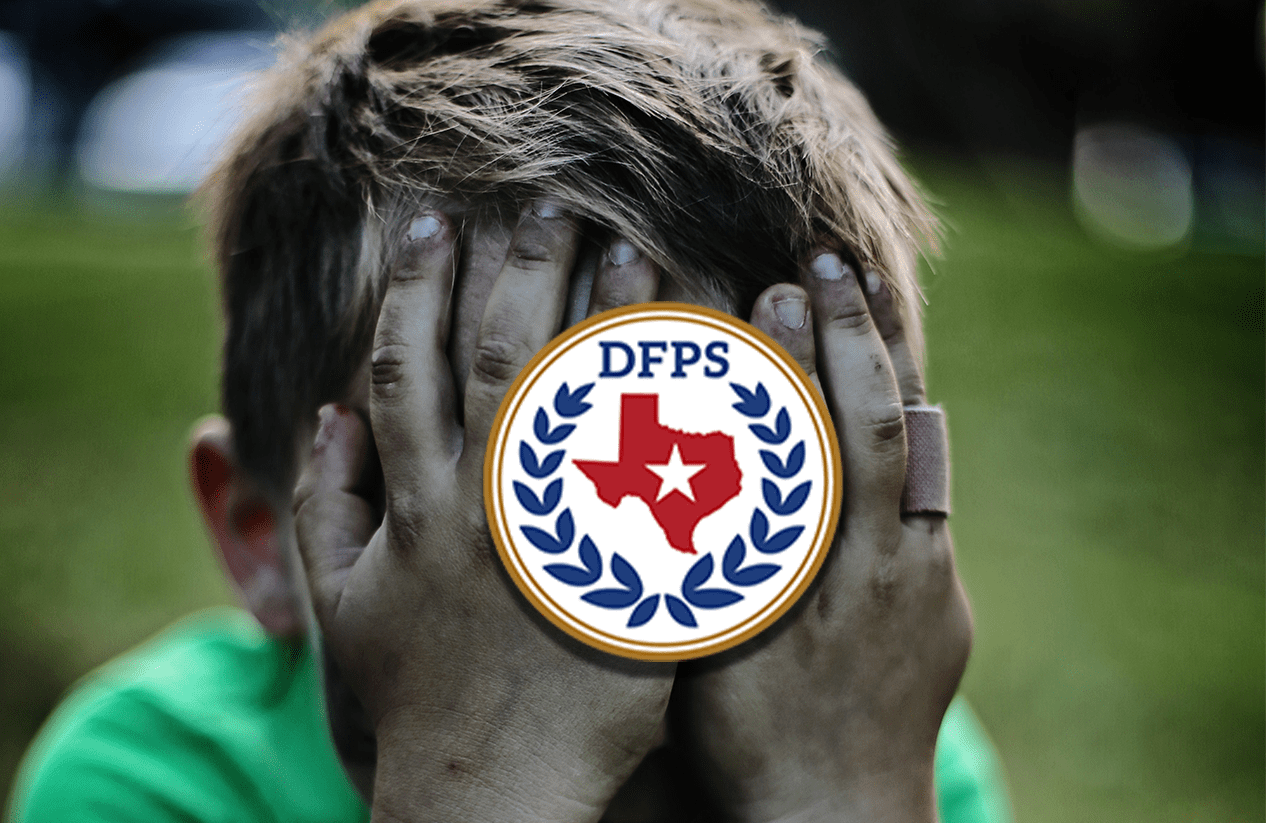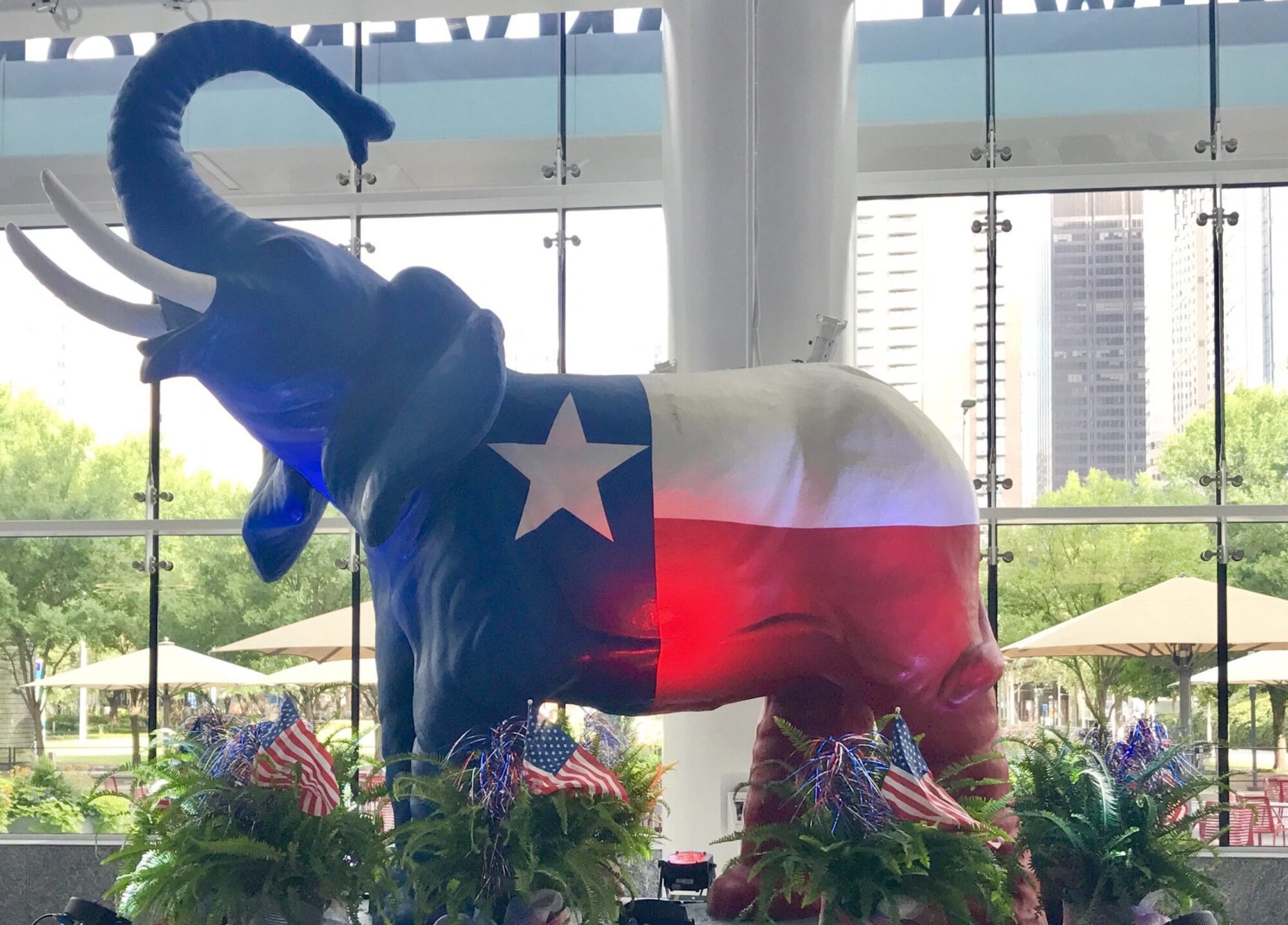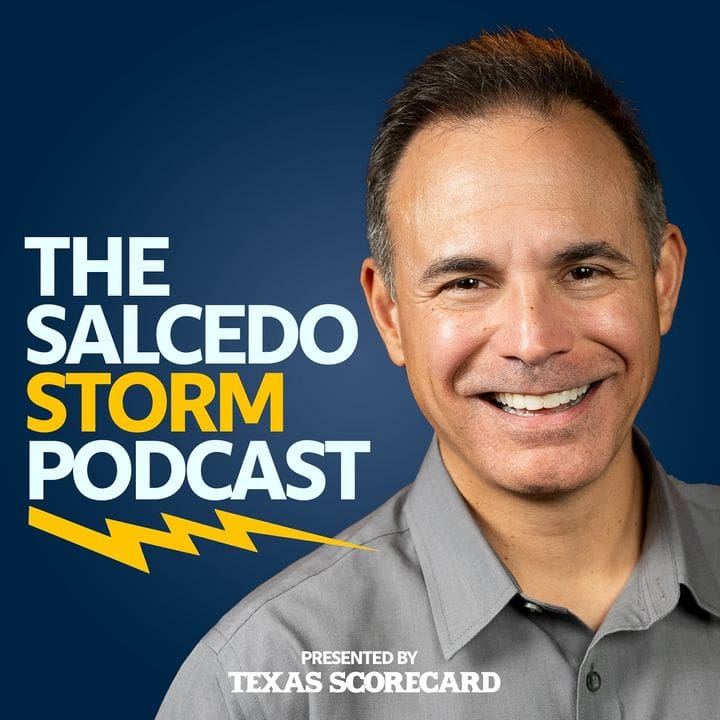After a Texas advocacy group fought to bring a family back together, a state agency is now working to block them from helping again.
In 2019, Texas Child Protective Services illegally removed Daniel and Ashley Pardo’s son, Drake—who has been plagued with developmental problems—from their home, citing undisclosed “medical child abuse.”
The case went viral, making headlines and serving as an example of the state of the broken agency and a rallying cry for parental rights activists nationwide. CPS would eventually admit in court that they had not met the entirety of the requirements needed for a child’s removal before separating Drake from his family.
In October of 2019, the Texas Supreme Court forced CPS to return Drake to his home and family. Shortly thereafter, in December of 2019, the case against the Pardo parents was finally dismissed.
Helping lead the charge to reunite the Pardos with their son was the Texas Home School Coalition, an advocate for family rights.
Now the Department of Family Protective Services—the umbrella organization that oversees CPS—is trying to keep advocates out of the process.
In a new policy memo, the agency claimed the changes were necessary due to “the frequency with which DFPS interacts with advocacy organizations, such as parent rights advocates and homeschool coalitions.”
According to THSC, the new rules restrict families from receiving help from advocates during CPS cases in the following ways:
- Preventing an advocate from receiving case information directly from CPS.
- Instructing caseworkers to cut advocates out of communications and reply only to the family or attorney.
- Allowing caseworkers to kick a family advocate out of meetings with the family if the advocate is “disruptive.”
- The term “disruptive” is not defined.
- The common practice of many caseworkers is to bully a family or seek a court order to respond to anything deemed non-cooperative.
- Directing CPS to interview a child without the family advocate present or, if the advocate insists on being present, seek court approval to exclude the advocate.
“These rules kneecap many of the only defenders that families have. They do not protect children. Instead, they hinder support for families in a complex government system where more than 60% initial accusations are ruled out,” said THSC in a recent statement.
The organization urges concerned citizens to contact their lawmakers.





